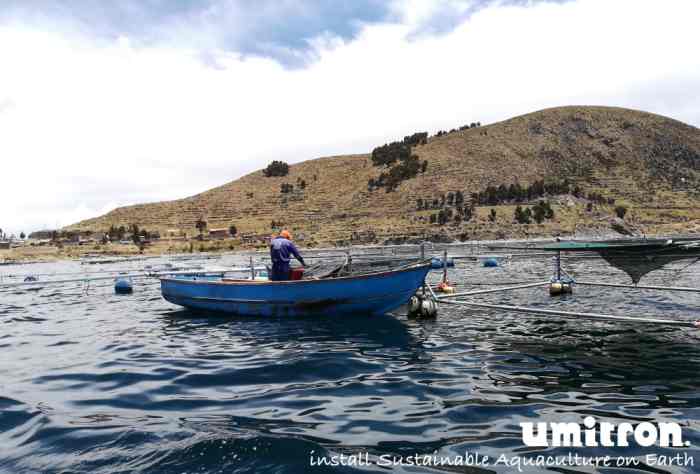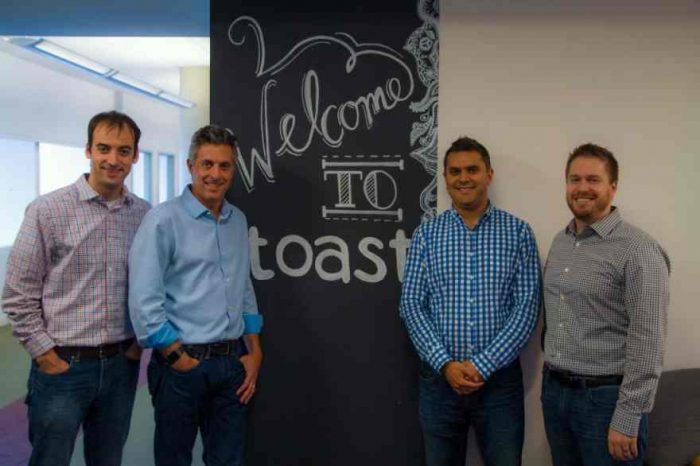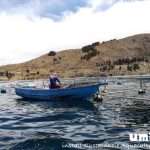Singapore startup Umitron secures US$2 million in project funding to deliver IoT and AI technology to drive growth of sustainable aquaculture in Lake Titicaca, Peru

Back in September we wrote about Umitron, a tech startup that develops computerized sustainable aquaculture model by using technology such as IoT, satellite remote sensing and AI, when the company raised US$2.7 million in funding. Now, the Singapore/Japan-based startup, in cooperation with Abaco and its subsidiary Piscis has secured US$2 million project funding to improve aquaculture productivity in Lake Titicaca, Peru. The funding is led by IDB Lab, the Inter-American Development Bank Group’s (IDB) innovation laboratory with the goal of improving the local trout farming industry’s economic and environmental sustainability.
Founded in 2016 and based in Singapore (HQ) and Japan (R&D HQ), Umitron builds user & eco-friendly aquaculture data platforms that leverage the use of IoT, AI and satellite remote sensing. Its vision is to “install Sustainable Aquaculture on Earth”, with the ultimate goal of improving the environmental sustainability, economics, worker safety, and food quality of aquaculture operations, and manage environmental risk for sustainable ocean. In June 2017, Umitron launched “UmiGarden” as its initial product. UmiGarden provides feeding optimization in aquaculture through fish school analysis.
Lake Titicaca farmers raise rainbow trout, a species of salmonid, which are a valuable aquaculture sector with worldwide production increasing ten-fold over the past thirty years. The local peruvian industry is expected to grow from 100,000 tons in 2016 to 221,000 tons of production by 2030. UMITRON’s partner Piscis is one of the largest trout farmers in Peru, UMITRON’s AI feeding technology has the potential to increase their worker safety, while also reducing overfeeding and the threat of harmful algae blooms.
“Through our daily operation, we see many challenges facing the aquaculture industry such as economic and environmental sustainability. Finding solutions requires borderless collaboration between the public and private sector. We’re delighted to start this project with IDB and Piscis to create a successful model for future growth. We hope this technology driven collaboration encourages both sustainable aquaculture and economic growth,” said Masahiko Yamada, Managing Director of UMITRON.
IDB Lab’s grant resources will be used by UMITRON and Piscis to test and calibrate UMITRON’s AI feeding technology. Additionally, funds will be used to both train local producers and scale up UMITRON’s solution in the Lake Titicaca region. The end goal is to implement data-driven aquaculture feeding technology for farmers in Peru and eventually all of Latin America. This project is the first step in UMITRON’s long term plans to develop technology for Latin American aquaculture producers. UMITRON is looking for similar public-private partnerships to assist aquaculture producers in increasing their environmental sustainability through impact investment.

